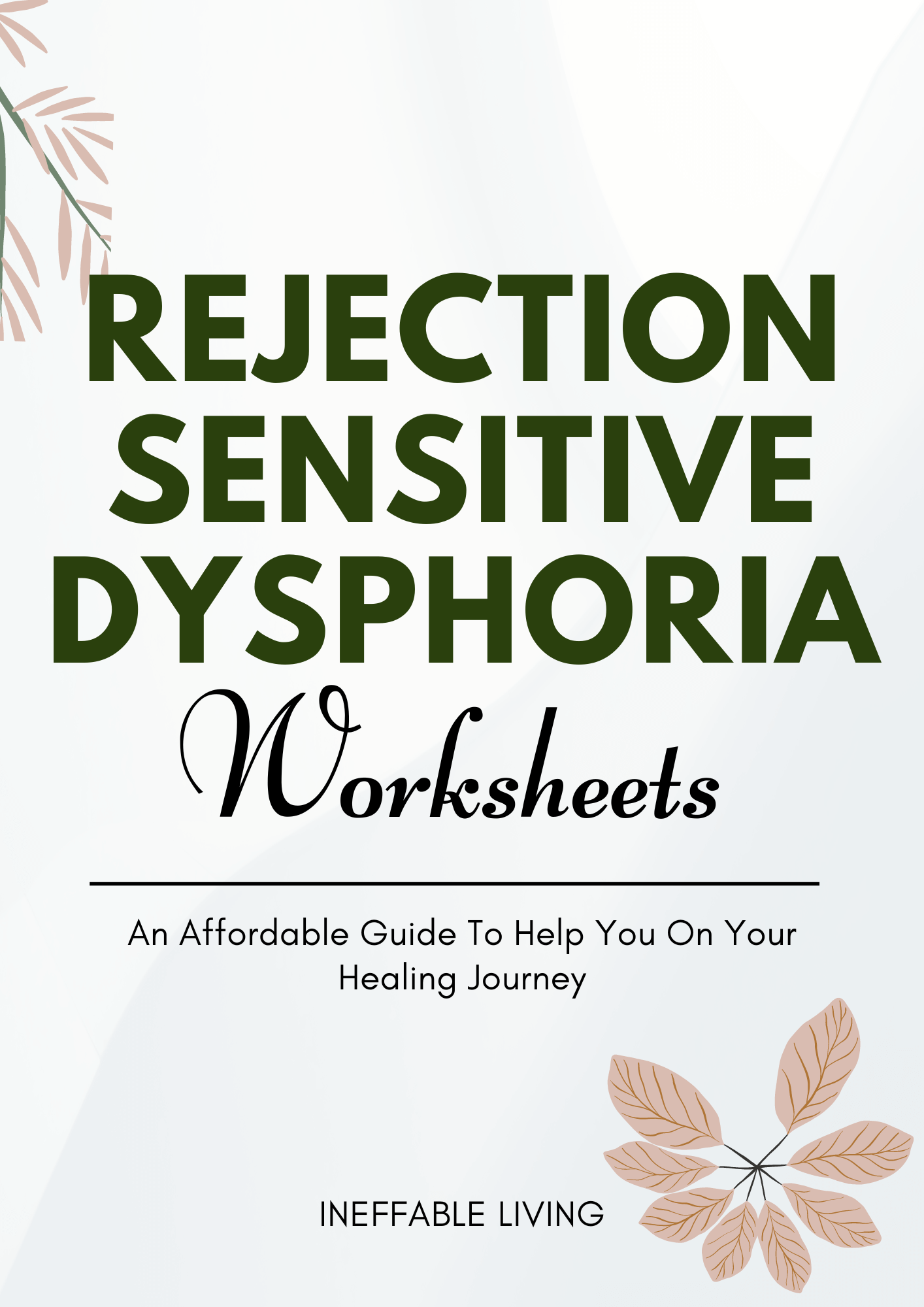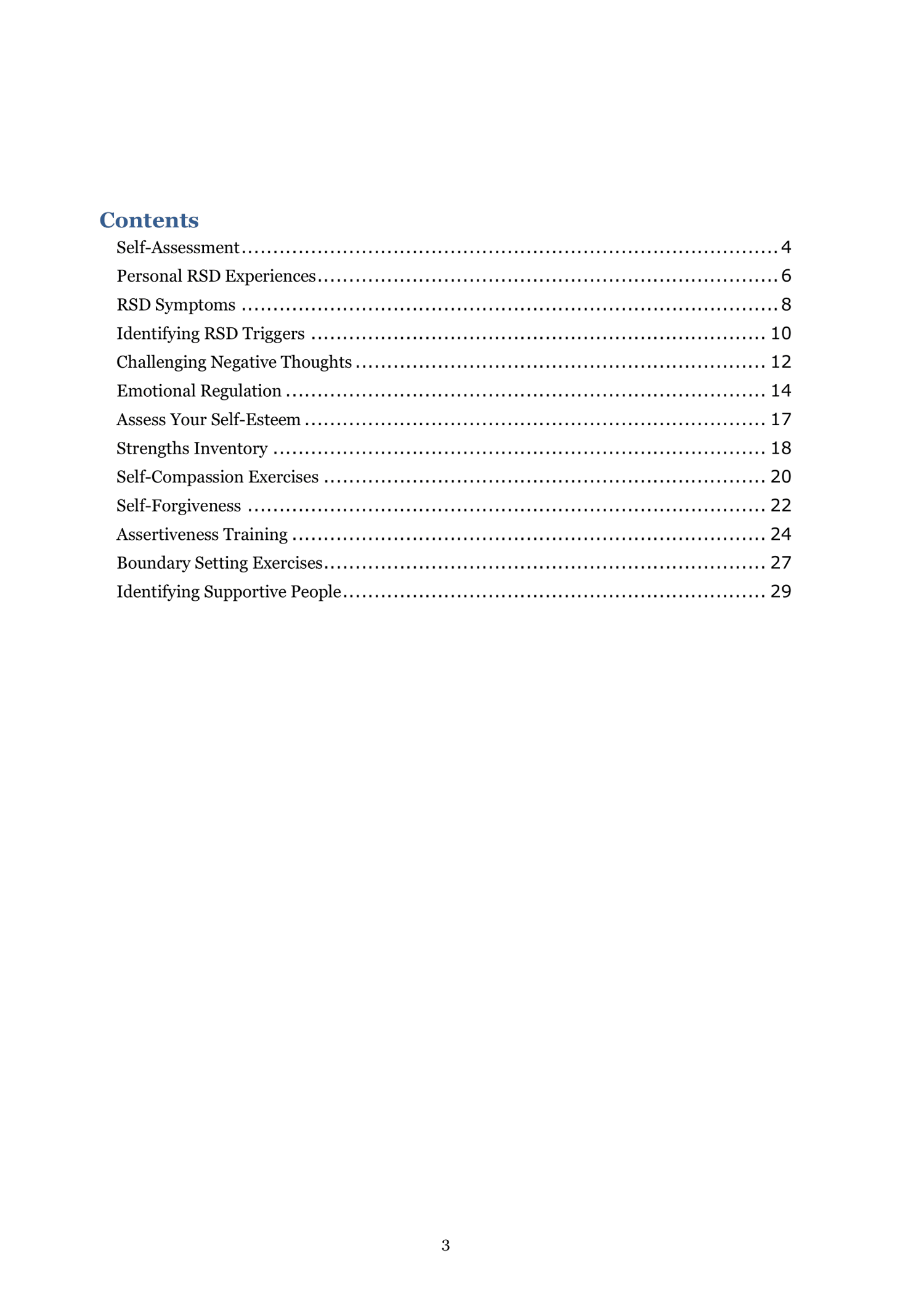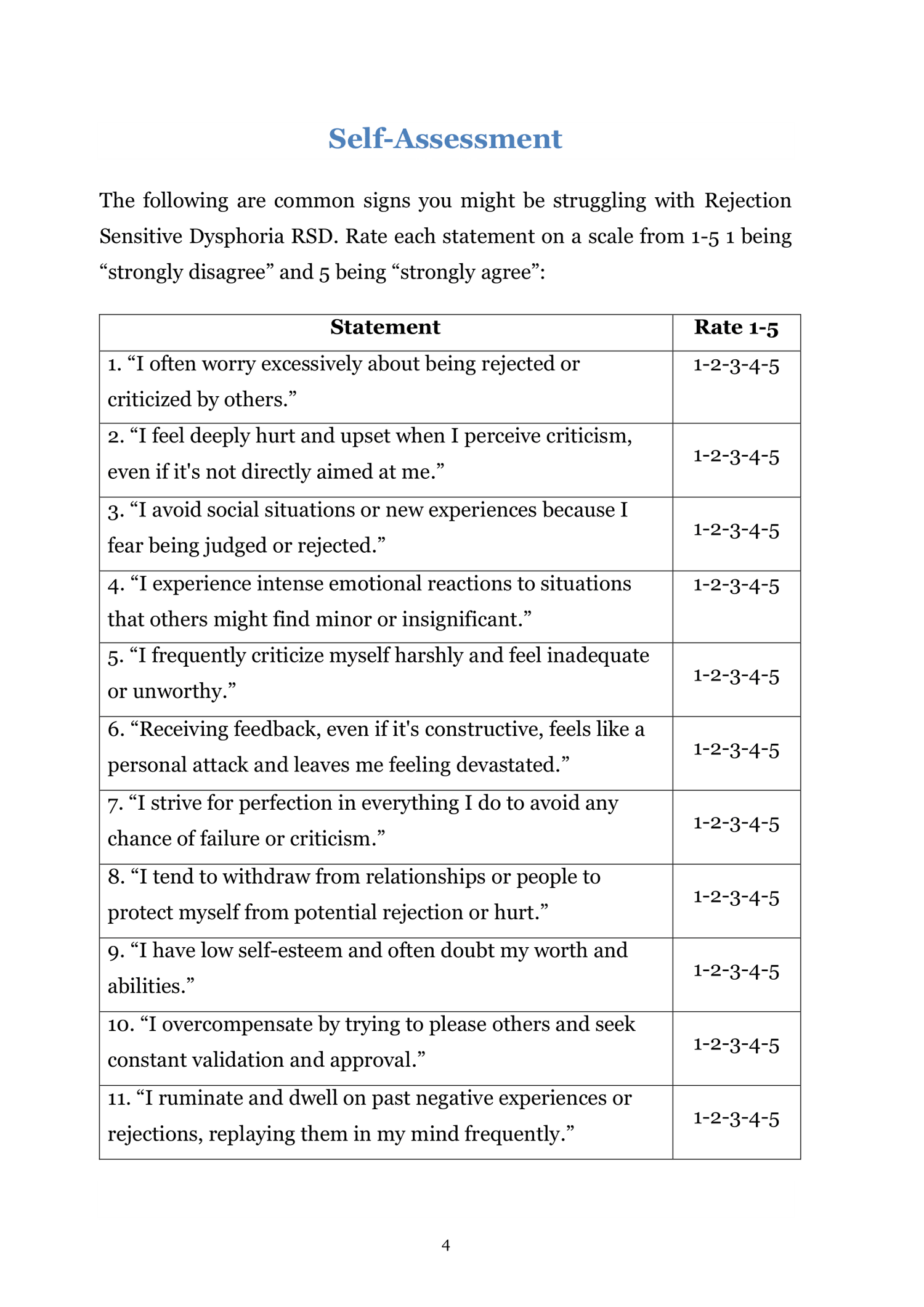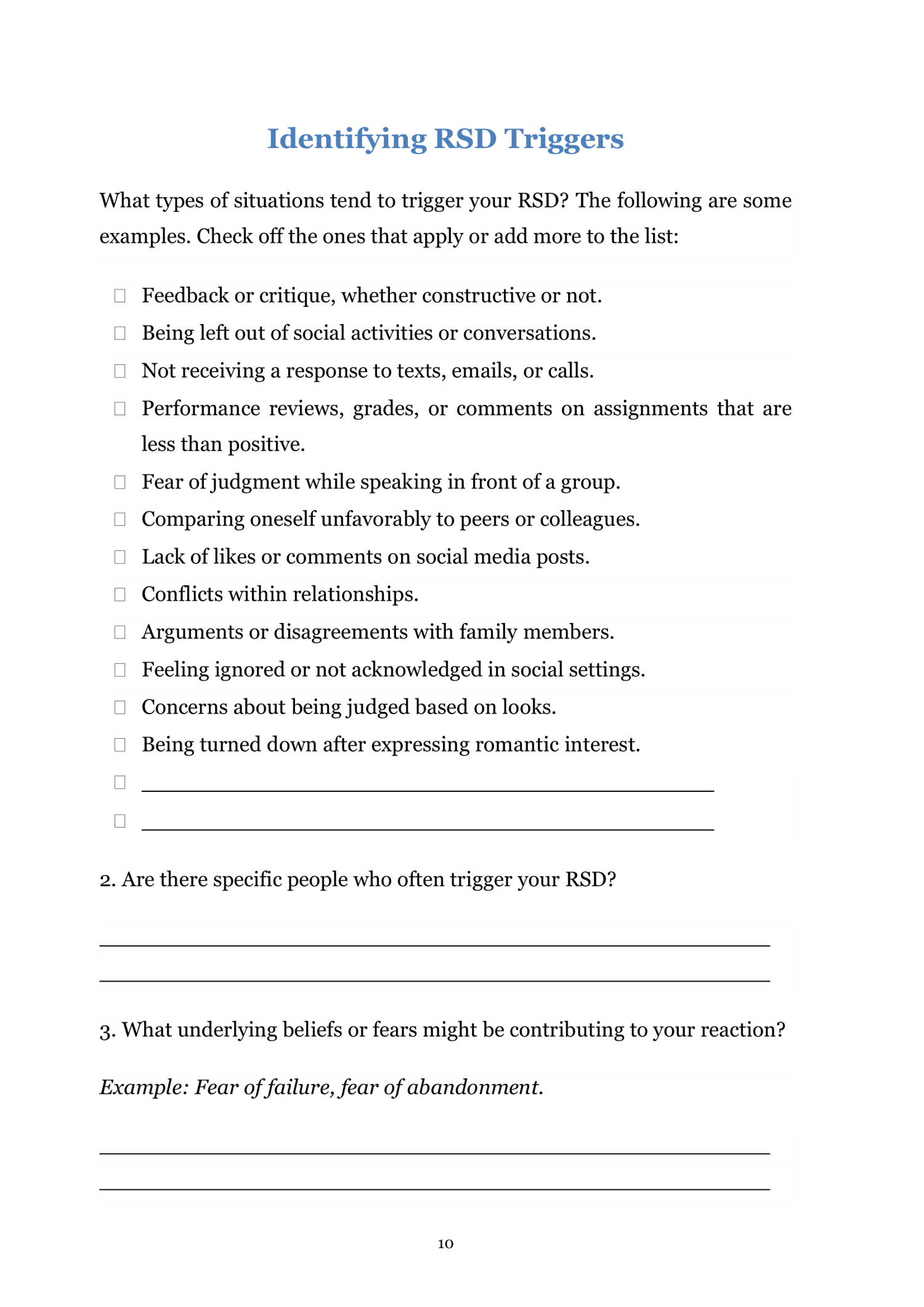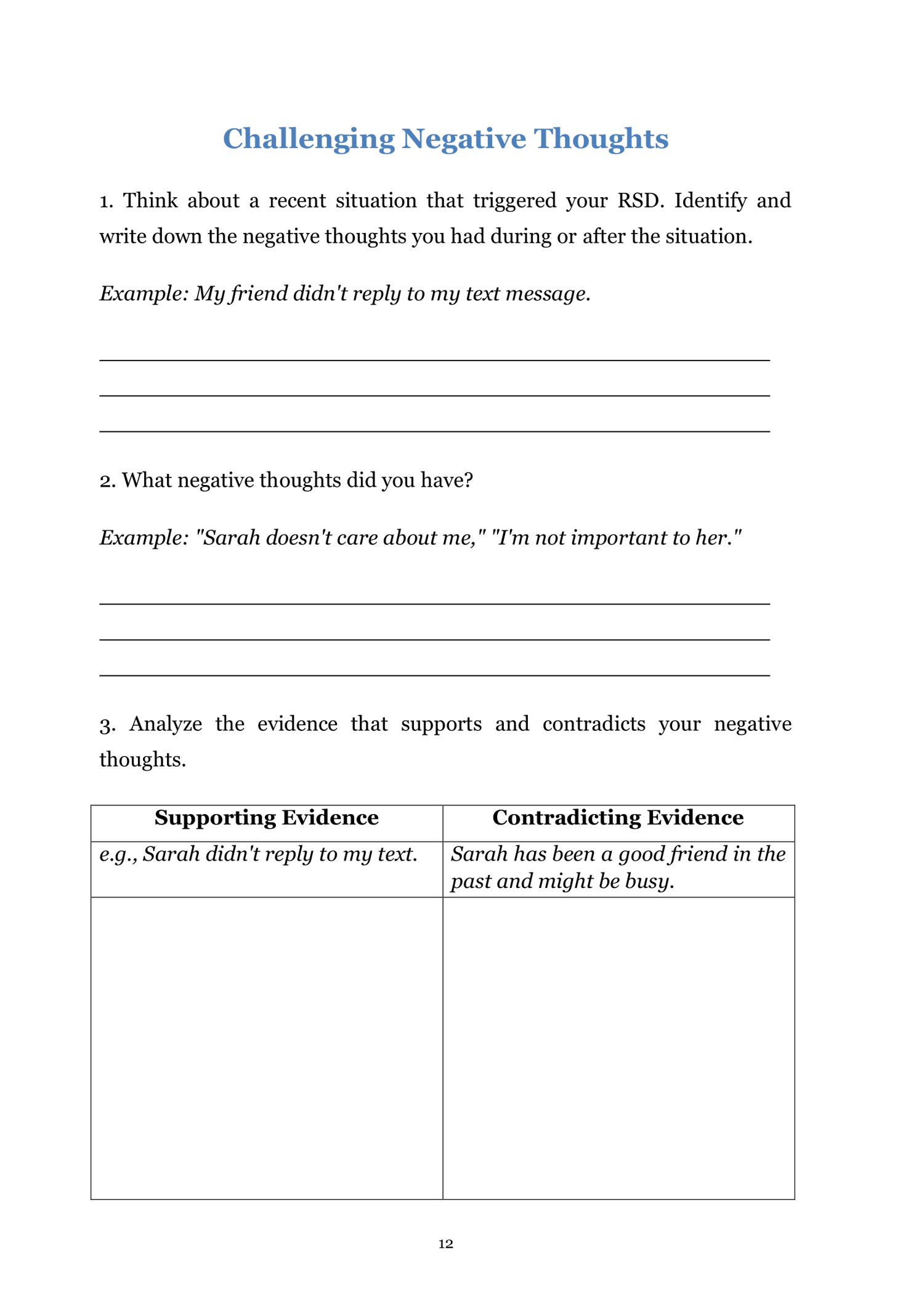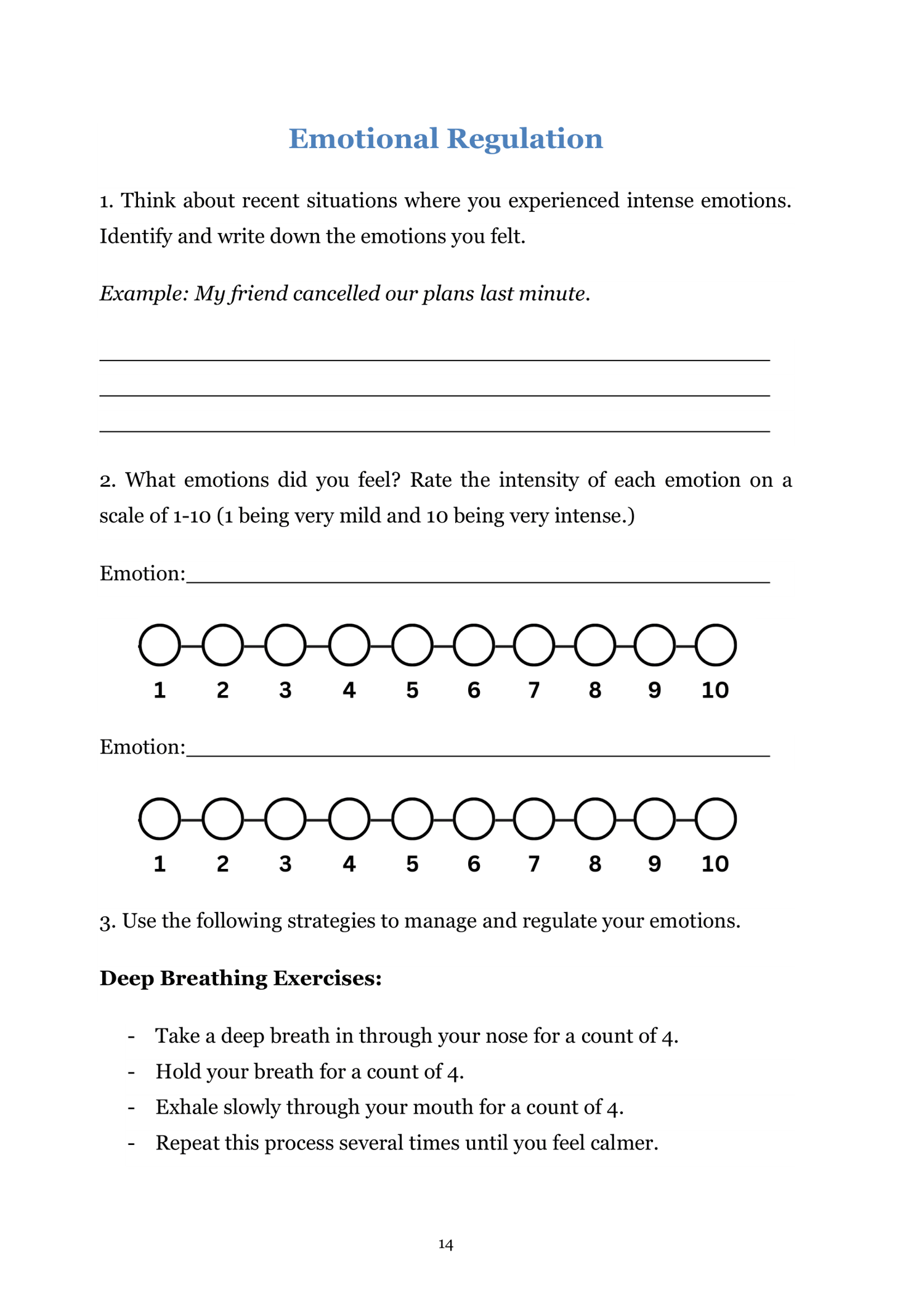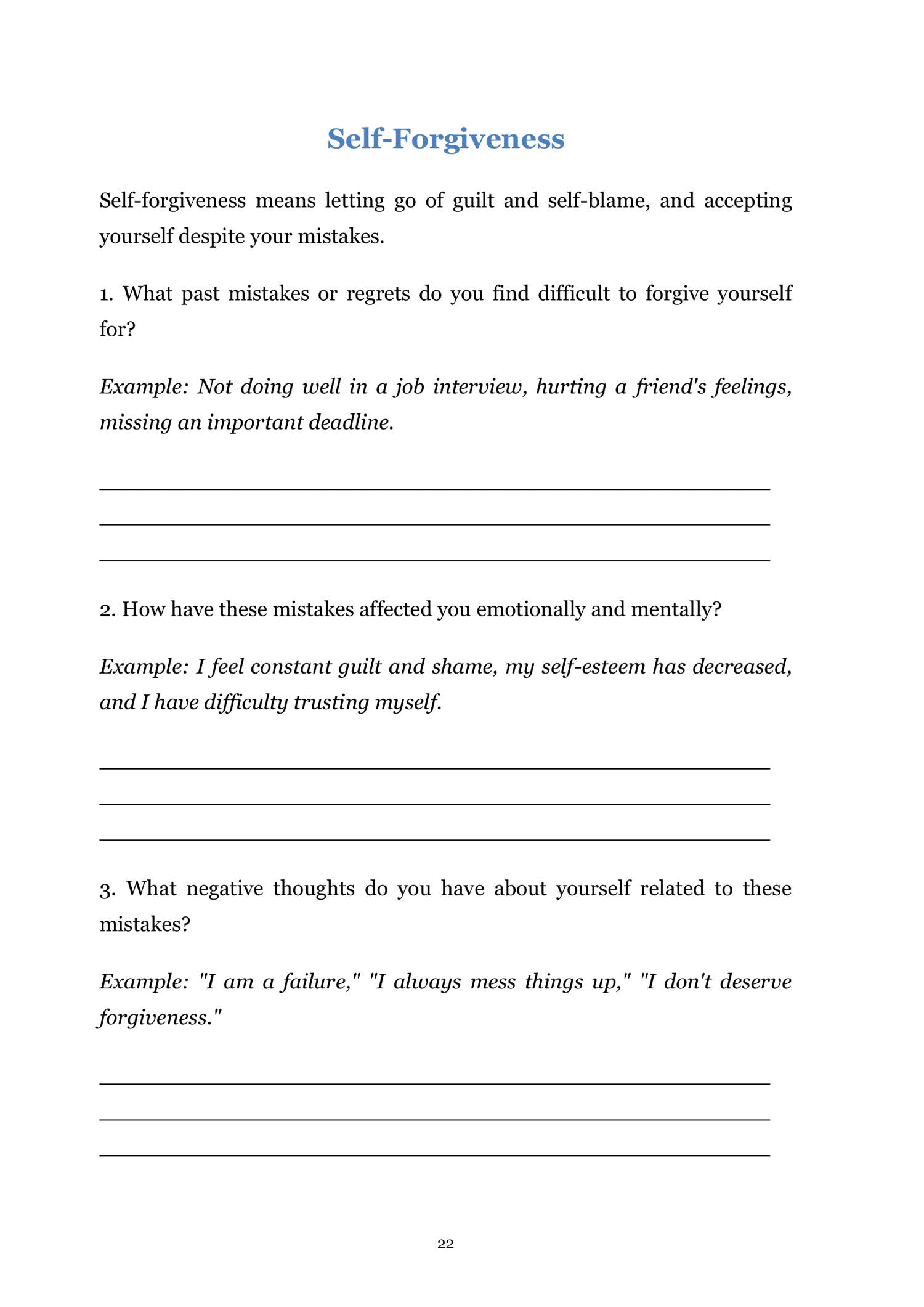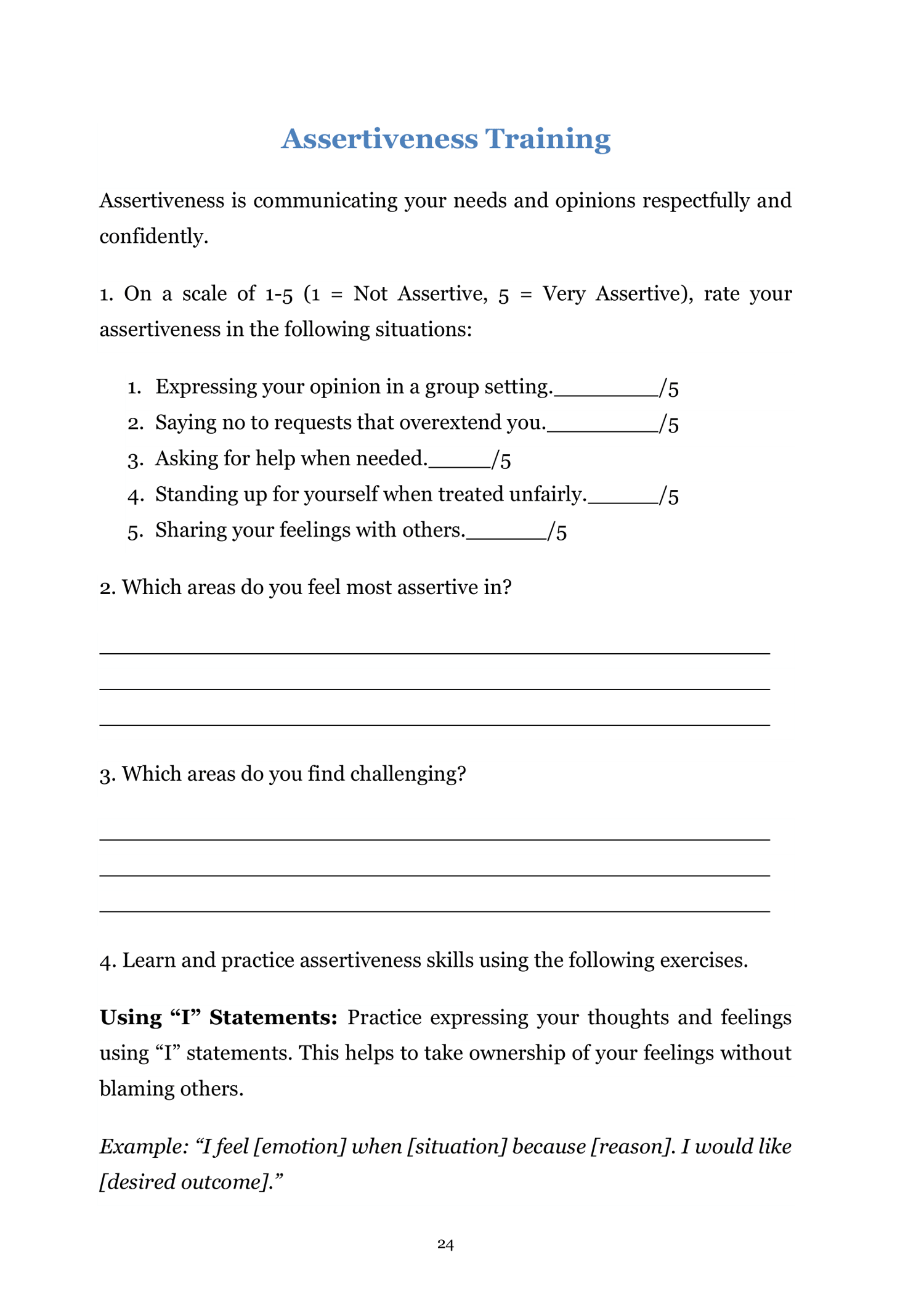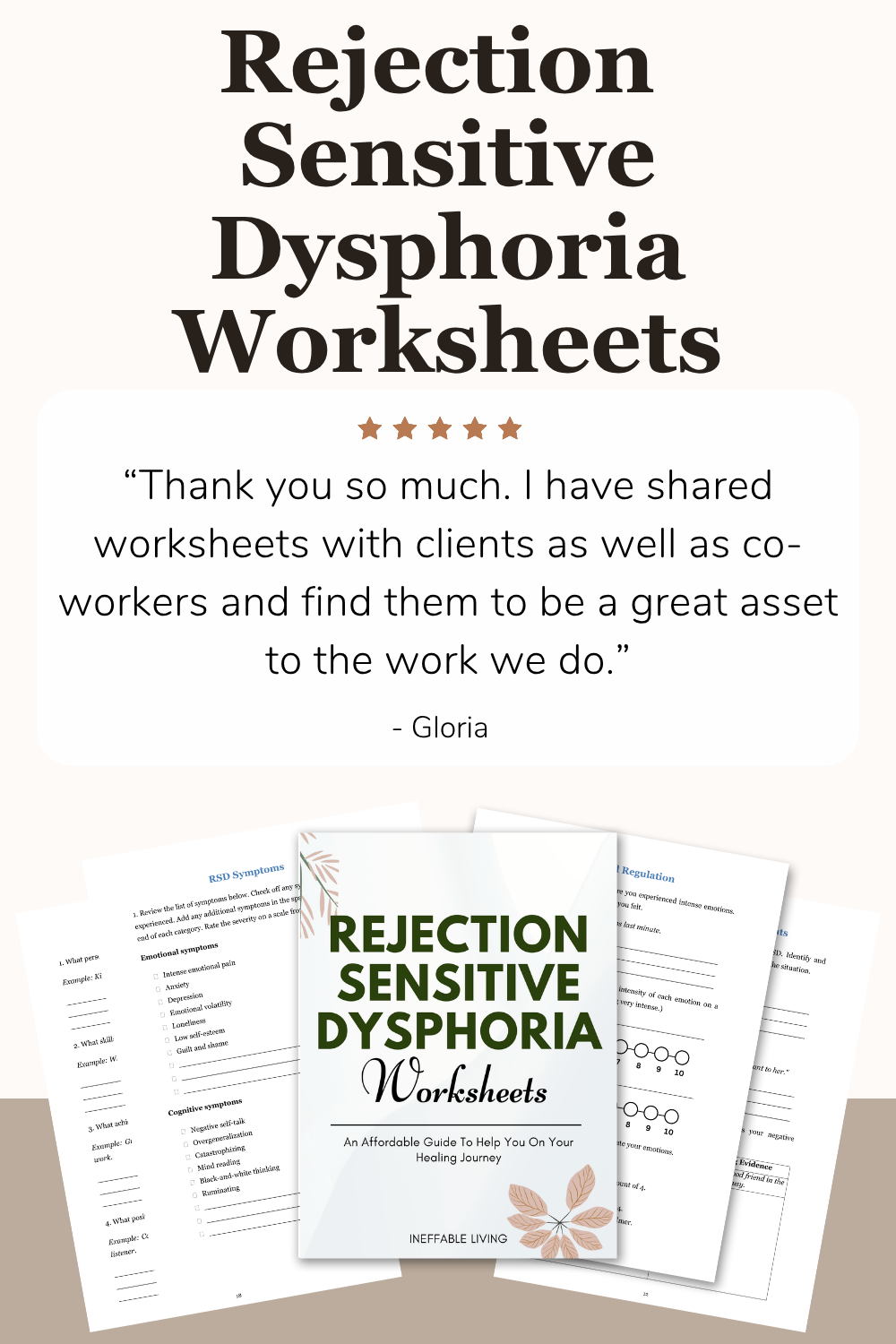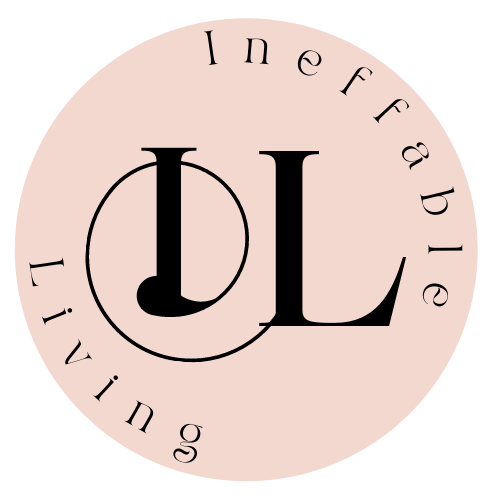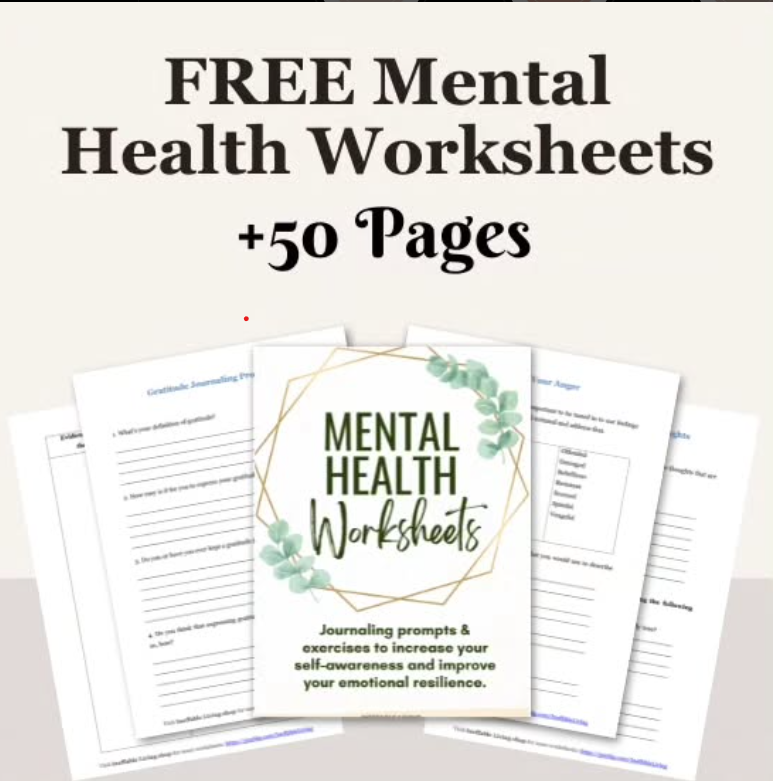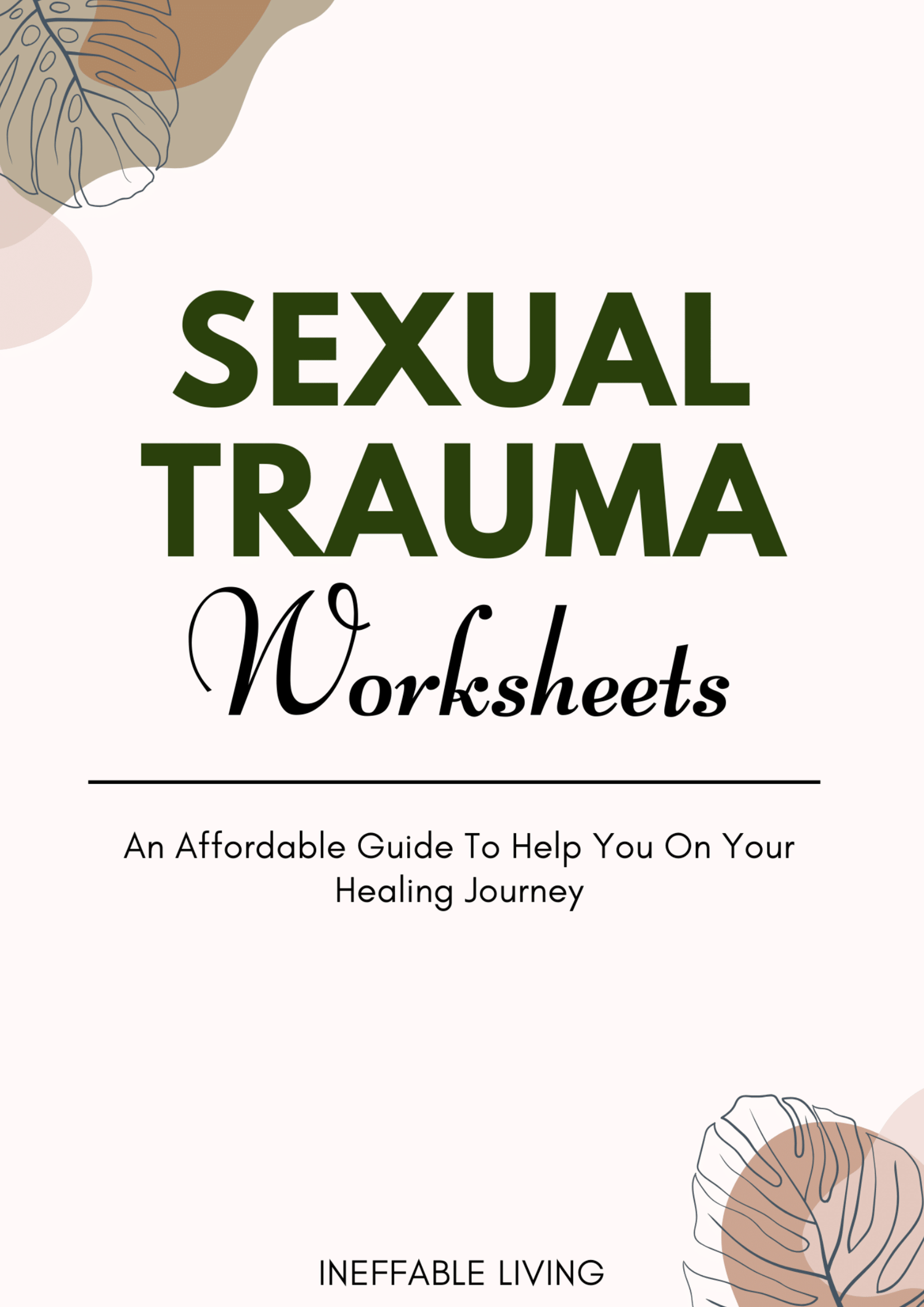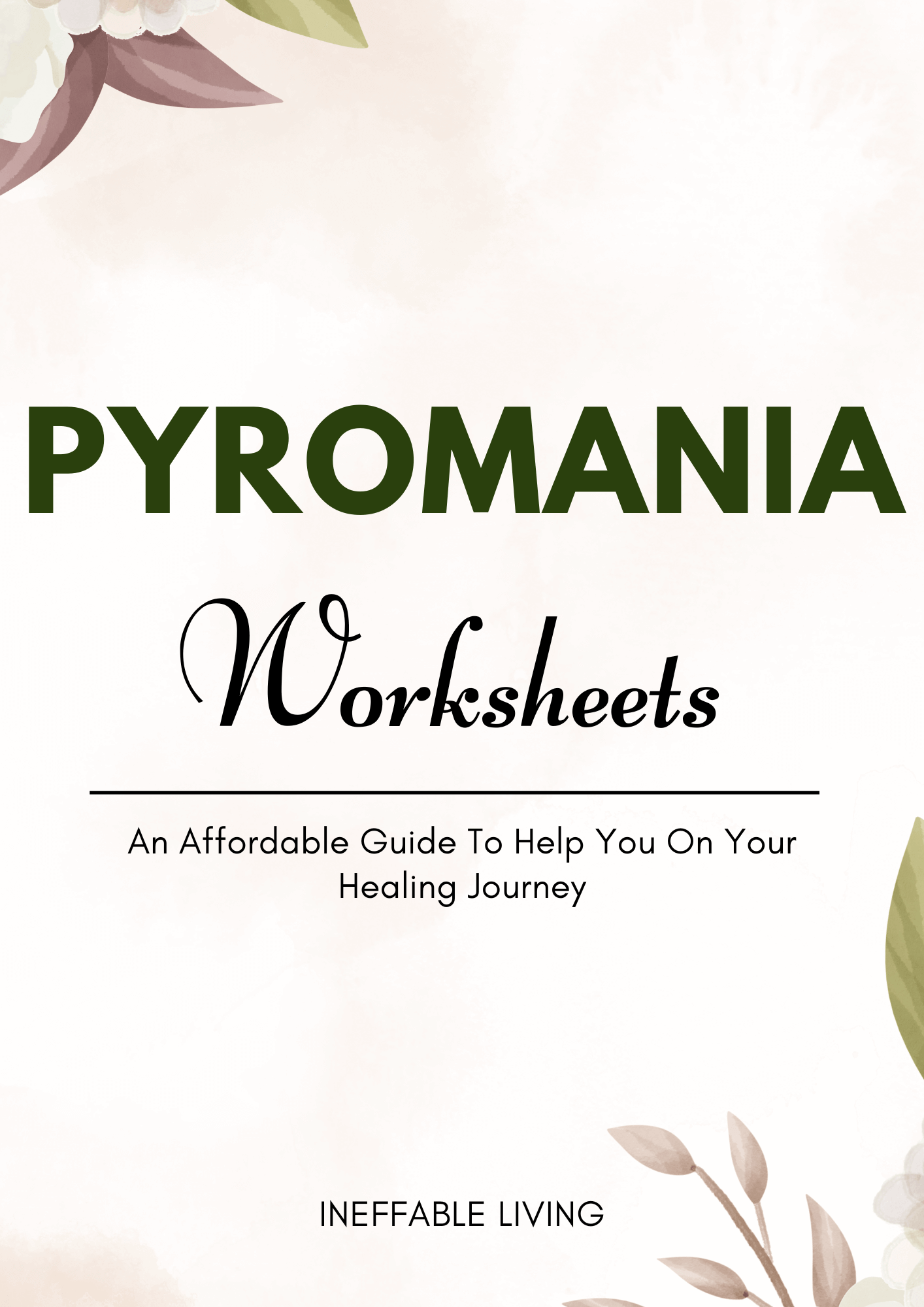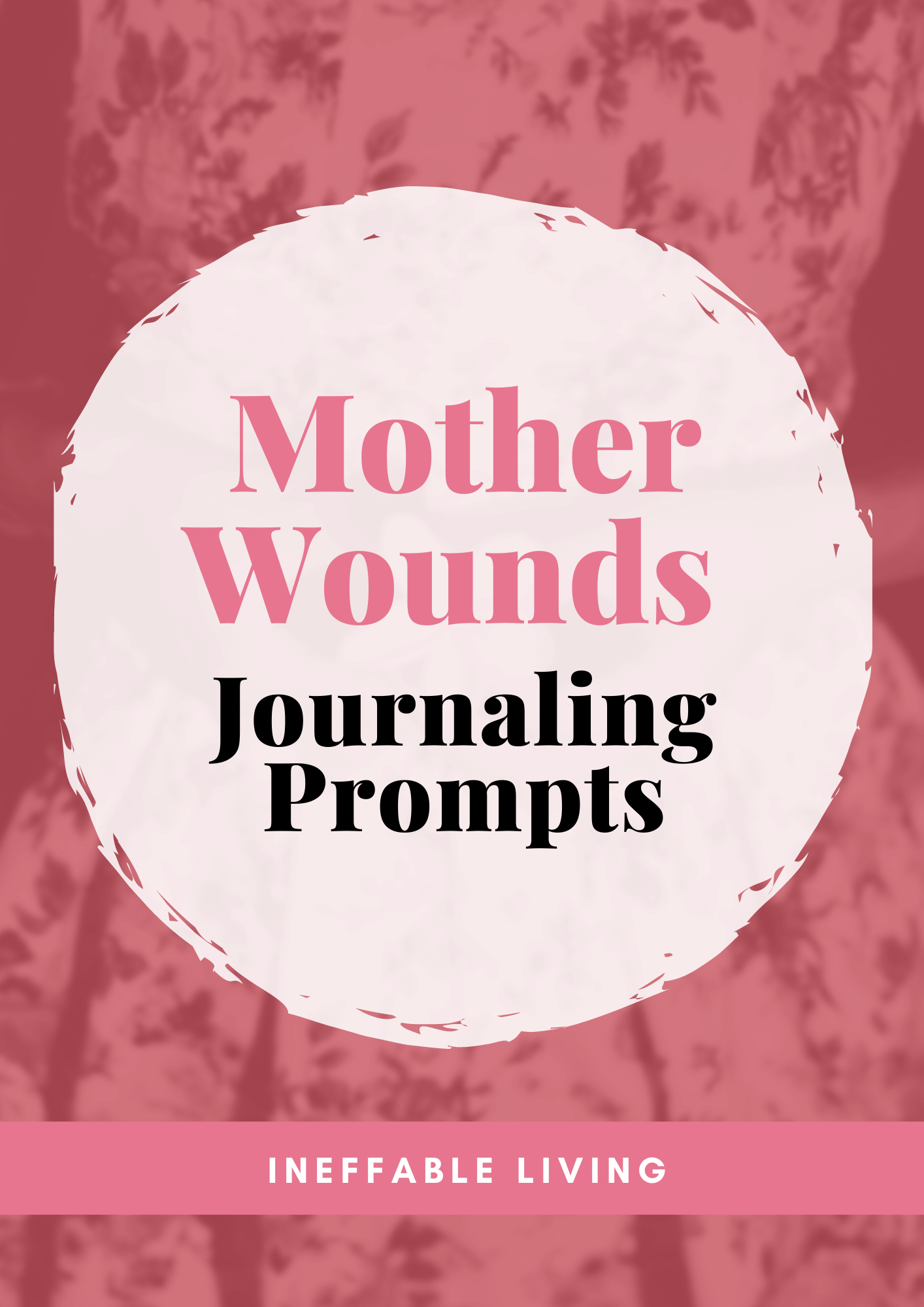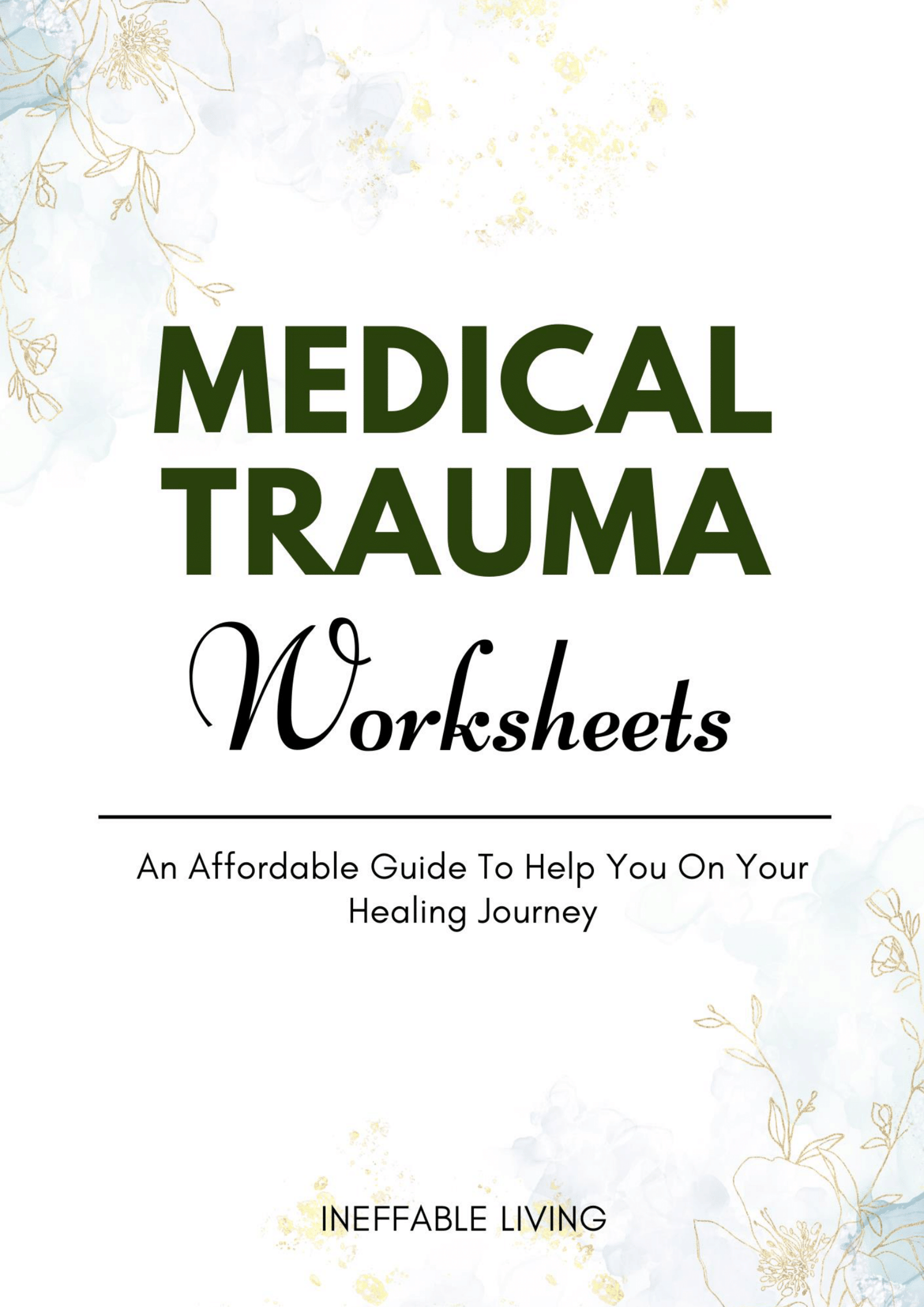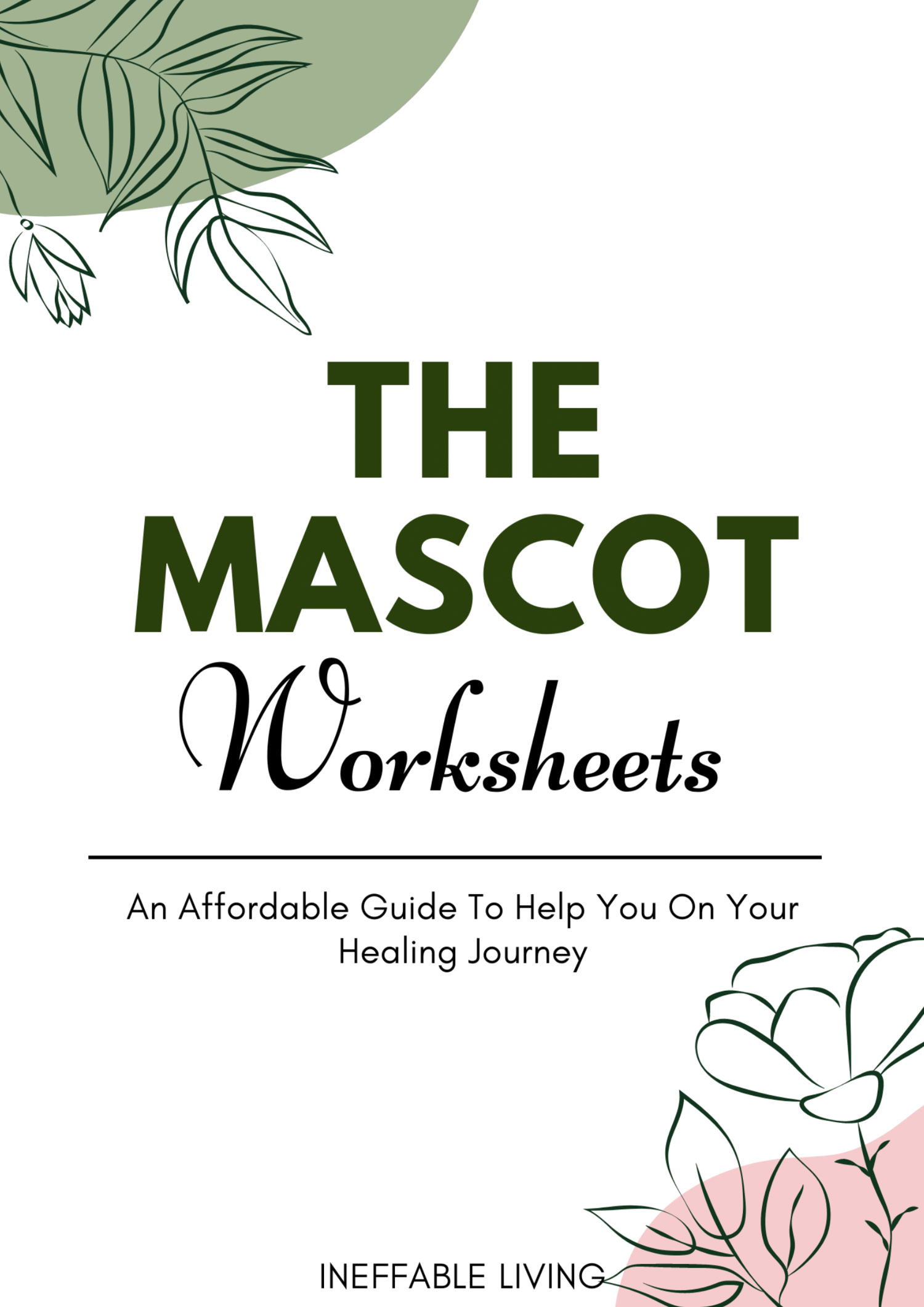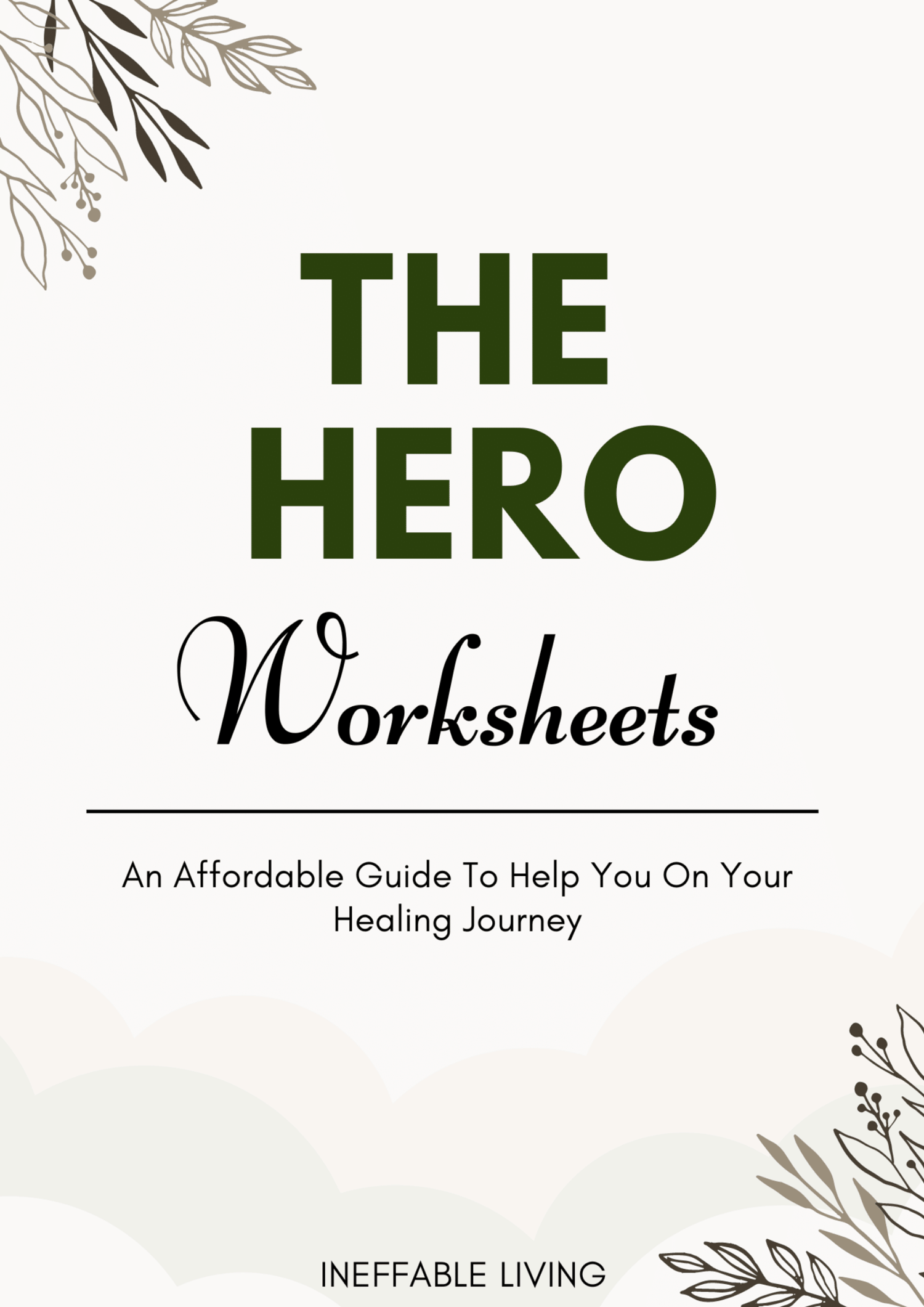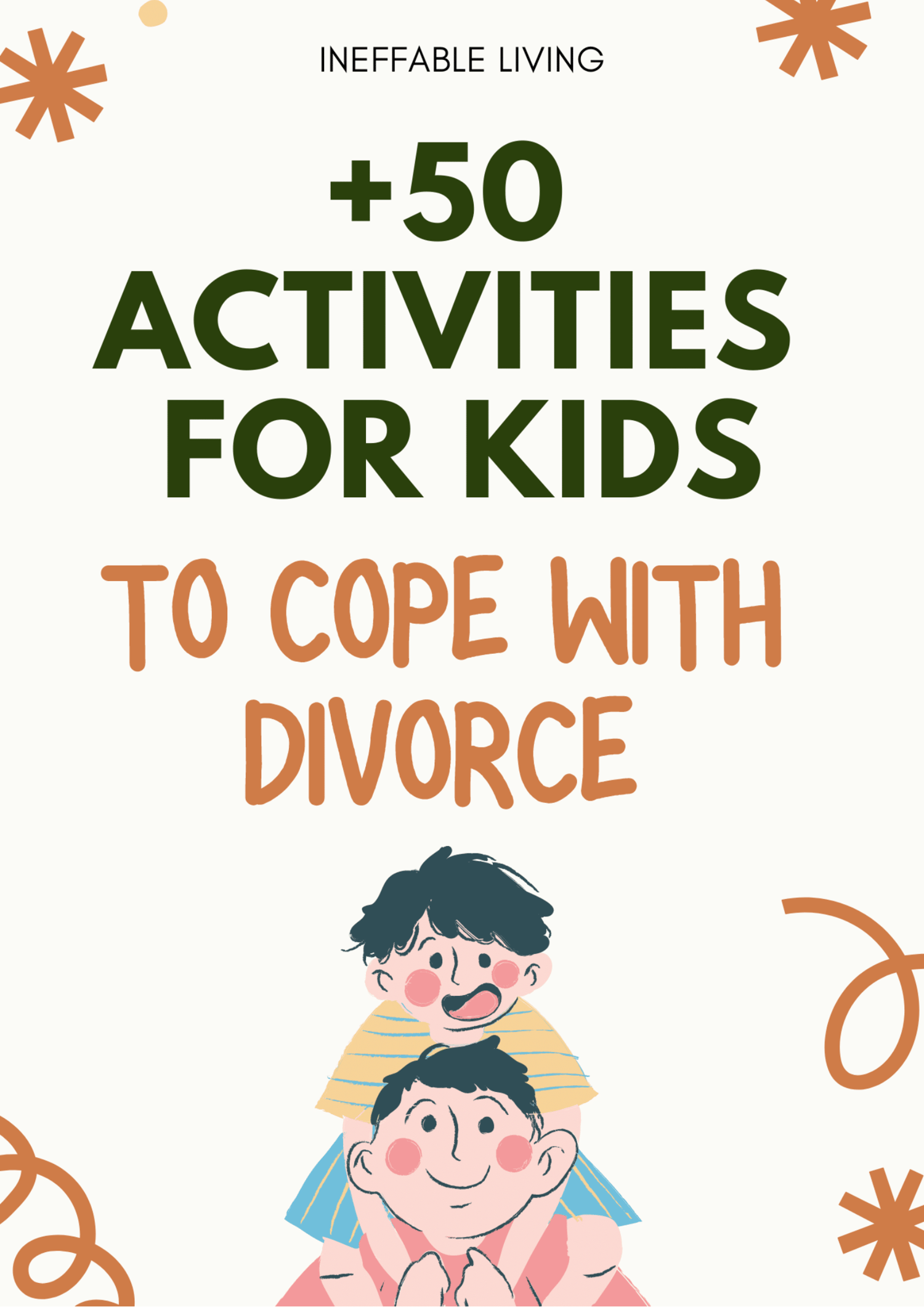Rejection Sensitive Dysphoria Worksheets
Get Entire Shop Bundle for 85% off
Get ADHD Bundle for 50% off
Take Control of Your Emotional Well-being
Do you find yourself excessively sensitive to rejection or criticism?
Rejection Sensitive Dysphoria (RSD) can significantly impact your emotional well-being and relationships.
Do you relate to any of the following?
- Do you often feel intense emotional pain when you think someone is criticizing or rejecting you?
- Do these feelings of rejection or criticism linger for a long time?
- Do you avoid social situations or new opportunities because you fear being rejected or criticized?
- Do you feel paralyzed by the fear of potential rejection?
- Do you frequently feel inadequate or not good enough?
- Do you often doubt your abilities and worth, especially after experiencing criticism?
- Do you have trouble sustaining friendships or relationships due to your sensitivity to perceived rejection?
- Do you often withdraw from others to protect yourself from potential hurt?
- Do you experience significant anxiety or stress in situations where you might be evaluated by others?
- Do you constantly worry about what others think of you?
If so, Rejection Sensitive Dysphoria Worksheets can help you identify triggers, develop coping strategies, and build emotional resilience.
Each worksheet addresses specific aspects of RSD, offering insights and exercises to manage your emotional responses effectively.
(+30 pages of evidence based exercises and techniques)
What’s Included?
- Self-Assessment
- Personal RSD Experiences
- RSD Symptoms
- Identifying RSD Triggers
- Challenging Negative Thoughts
- Emotional Regulation
- Assess Your Self-Esteem
- Strengths Inventory
- Self-Compassion Exercises
- Self-Forgiveness
- Assertiveness Training
- Boundary Setting Exercises
- Identifying Supportive People
What Is Rejection Sensitive Dysphoria (RSD)?
Rejection Sensitive Dysphoria is an intense emotional response triggered by perceived or actual rejection or criticism.
It is commonly associated with conditions like ADHD and can lead to significant emotional distress and impaired social functioning.
Individuals with RSD may experience overwhelming feelings of shame, anxiety, and low self-esteem.

